Khaled Mashal is a Palestinian political leader who is the former head of the militant organization Hamas.
Mashal was born in the West Bank, which is governed by Jordan, at Silwad in 1956. He finished the fifth grade at Silwad Elementary School. In 1957, his father, Abd al-Qadir Mashal, a farmer (fellah), relocated to Kuwait to serve as an imam and in the agricultural sector. He had accompanied Palestinian guerilla leader Abd al-Qadir al-Husayni in the 1936–1939 Arab uprising.
Mashal rose to prominence as the head of Hamas's branch in Kuwait following the organization's formation in 1987. He became the leader of Hamas' politburo in 1992 and one of its founding members. After Israel killed Sheikh Ahmed Yassin and his successor, Abdel Aziz al-Rantisi, in the spring of 2004, he was acknowledged as the leader of Hamas. In the 2006 Palestinian parliamentary election, Hamas shocked the world by taking home the majority of seats. This was made possible by his leadership. When his term ended in 2017, Mashal resigned as the head of Hamas' politburo.
Mashal's family was forced to leave the West Bank after the 1967 Six-Day War, and he has since lived in exile in various Arab countries. He was regarded as a member of Hamas' "external leadership" as a result.
Mashal traveled to historical Palestine for two months in 1975 as a 19-year-old, his first trip there since the start of the occupation in 1967. He was able to take many trips around the occupied territory and Israel. He felt a stronger connection to his native country and the tragedies of 1948 and 1967 as a result of the journey.
Mashal became a teacher in Kuwait after earning his degree from Kuwait University, where he taught physics until 1984. Delegates from the West Bank, Gaza Strip, and Palestinian refugees from Arab states attended an internal, private conference called by the Palestinian Islamic movement in 1983 in one of the Arab states. The founding of Hamas was made possible by the conference. Mashal was a member of the project management team. He committed himself full-time to the project after 1984. He moved to Jordan with the rest of the Hamas leadership in Kuwait following Iraq's invasion of that country in August 1990.
Having been a founding member of Hamas' politburo, Mashal was chosen as chairman in 1996 after Mousa Mohammed Abu Marzook was imprisoned in 1995.
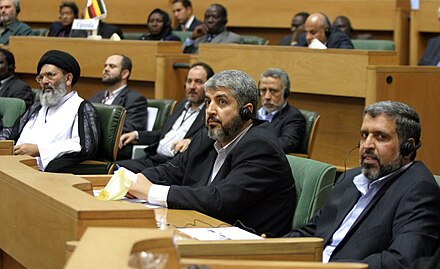
Assassination attempt :
The incident occurred on September 25, 1997, when Mossad agents, acting on orders from Prime Minister Benjamin Netanyahu, attempted to assassinate Khaled Mashal, a Hamas leader, in Jordan. Disguised as tourists with fake Canadian passports, the agents waited outside the Hamas offices in Amman. One of them approached Mashal and applied a fast-acting poison to his ear. Mashal's bodyguards intervened, capturing the agents. King Hussein of Jordan demanded the antidote from Netanyahu to save Mashal's life, threatening diplomatic consequences. Under pressure from U.S. President Bill Clinton, Netanyahu agreed, and the head of Mossad brought the antidote. Mashal's life was saved, but further negotiations ensued for the release of Mossad agents held by Jordan. Mashal later reflected on the event, expressing increased courage and faith in facing adversity.
Removal from Jordan :
King Abdullah II drove the "external leadership" of Hamas out of Jordan in August 1999. The King accused Hamas of engaging in illegal activities within Jordan and expressed concern that the group's actions, together with those of its friends in Jordan, would compromise peace talks between Israel and the Palestinian Authority. Following their return from a trip to Iran, authorities detained a number of Hamas leaders in mid-September 1999, including Ibrahim Ghosheh and Mashal. They accused them of belonging to an illegal organization, storing weapons, holding military drills, and using Jordan as a training base—all of which they refuted. After being banished from Jordan, Mashal first settled in Qatar. He relocated to Damascus, Syria, in 2001.
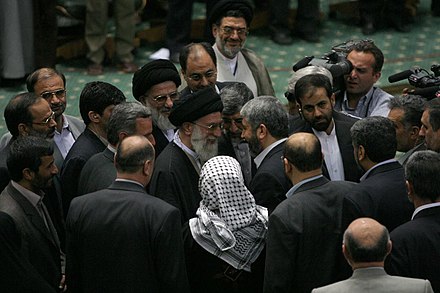
Election victory :
In the 2006 election for the Palestinian legislature, Hamas secured a majority of the seats.
Mashal declared on January 29, 2006, in defiance of the Quartet, that Hamas had no intention of disarming but that it was prepared to arm itself along with other Palestinian factions and create an army "like any independent state." Shaul Mofaz, Israel's minister of defense, made threats to have Mashal killed.
Ismail Haniyeh, a resident of the Gaza Strip and the head of the Hamas-dominated administration there, succeeded Mashal as chairman of the Politburo in 2017. With the handover, authority from Hamas officials residing overseas to those in Gaza was transferred. Mashal delivered the 2017 Hamas charter in Doha just before the transition, hoping to cement his legacy and bind those who follow him to the same principles.



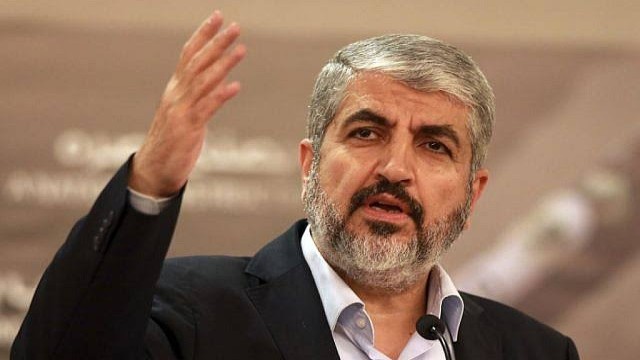
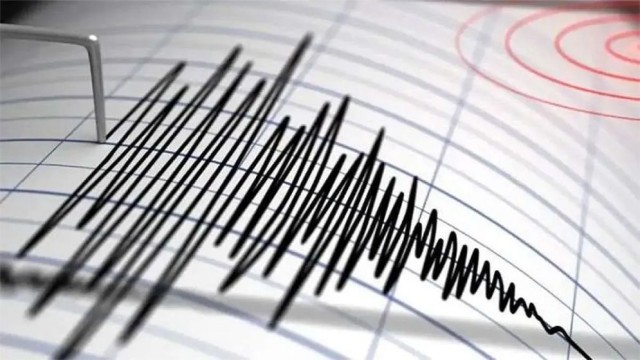
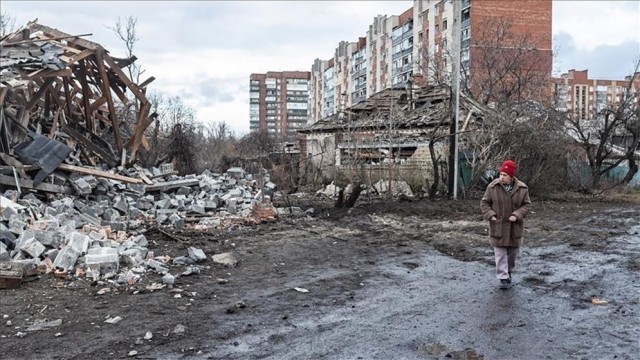

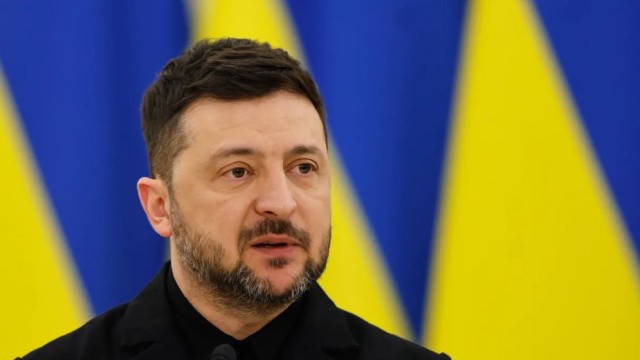

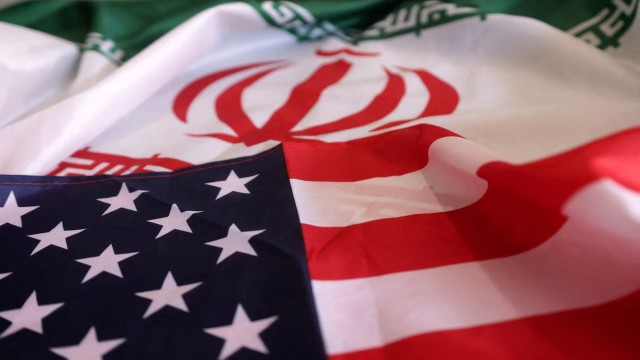




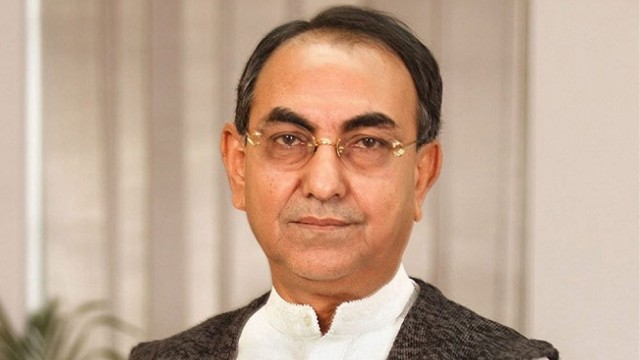
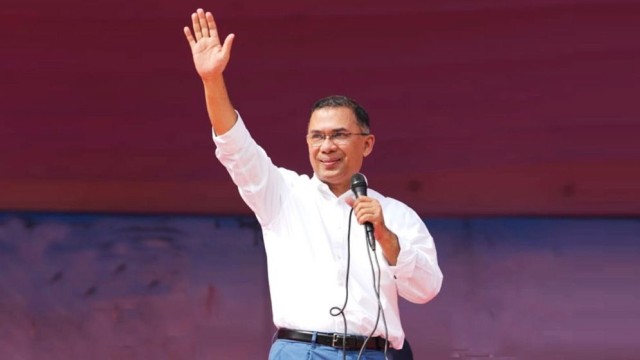


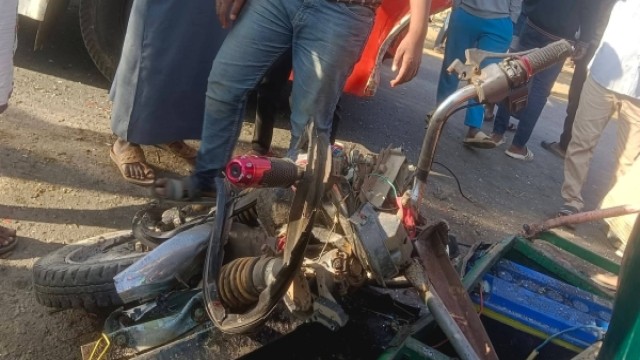
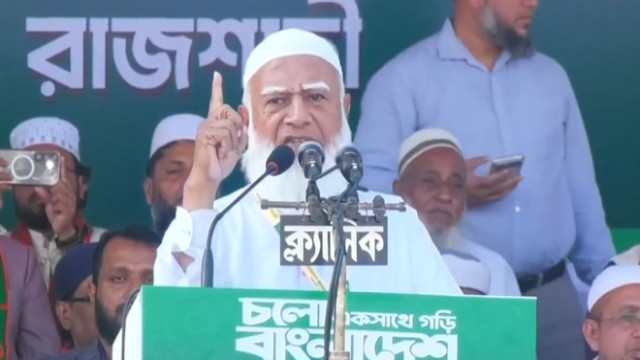










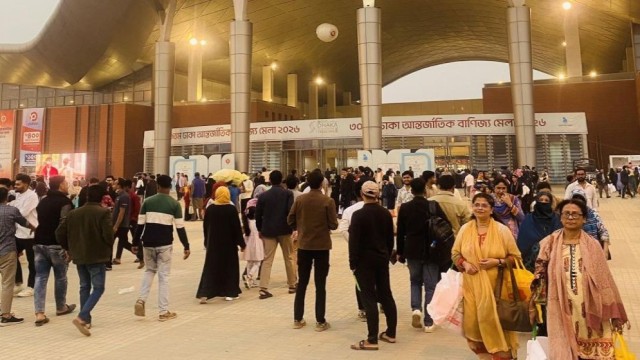
Comment: